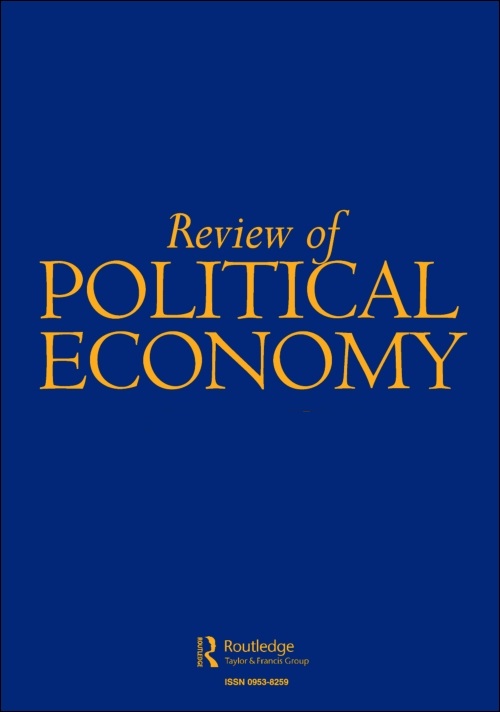
Review of Political Economy
Volume 13, Issue 2, Apr 2001
Pages 221-243
- DOI: 10.1080/09538250120036655
- Print ISSN: 0953-8259
- Online ISSN: 1465-3982
Incommensurability of Economic Paradigms: A case study of the monetary theories of Mises and Marx
- By
- Mark Tomass
Influenced by postmodern philosophy, economists have held that substantive propositions made by rival schools of economics are parts of 'incommensurable paradigms'. The incommensurability thesis implies that one cannot cross evaluate or adjudicate between substantive propositions made within rival paradigms. This paper provides a framework to examine the tenets of the incommensurability thesis through a comparative case study of the rival monetary theories of Ludwig von Mises and Karl Marx. Section 1 presents the case for the incommensurability of economic paradigms as postmodernists and their predecessors assert. It defines three elements that constitute an economic paradigm starting points, methodological procedures, and conceptual schemes. Sections 2, 3 and 4 examine whether the three paradigmatic elements in the monetary theories of Mises and Marx are incommensurable. Section 5 concludes by drawing implications for paradigm (in)commensurability.